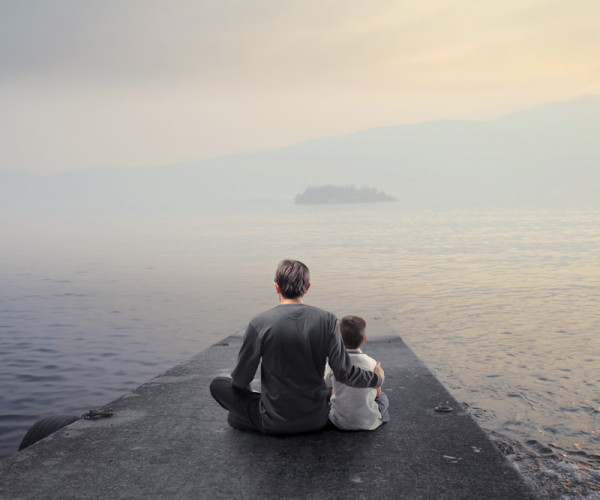
Positive socialization is one of the most effective antidote against bullying.
Schools and families have a precise responsibility in teaching the new generations how to build and maintain a positive socialization.
Positive socialization is neither an innate attitude nor a natural behaviour, given for granted that the governing rule of the world is the homo homini lupus principle.
Positive socialization is always the result of both education and respectful behaviour. Every human relationship built on education and respect fosters a positive socialization that is based on trust and mutual respect.
The term socialization means how humans interact one another; it’s a continuous process whereby an individual acquires a personal identity and learns the norms, values, behavior, and social skills appropriate to his or her social position.
Thus, socialization happens every day, everywhere, anywhere and it also happens seamlessy, ranging from a simple contact or a particular request, to the specific way of belonging to and participating in small teams with the other teammates, or within the family where few people interact each other, to more and more complex and continuous interactions within the same school or in the same context or community where one lives.
The larger the number of those who interact, the more difficult the mechanisms of socialization and extremely challenging to make it positive.
Socialization takes also several forms with increasing level of difficulty from plain one-to-one interactions to specific conducts and behaviours within a small tribe and it becomes harder to build in larger communities where a person is forced to stay and cohexist with others.
Nobody prevails, nobody wants to win, nobody dictates where all the people build positive socialization, but everyone gets respect and motivation to cooperate and interact with one another.
Thus, where there’s positive socialization nobody has necessarily to impose, but if anything, expose in order to get respect, trust, and reach the common goals.
Building and maintaining positive socialization is like promoting assertiveness along with respect for one another, value for empathy and a shared sense of responsibility.
But all these commandments make sense only when they are built up upon the supreme principle of respect for others and human dignity in the first place.
Where there’s respect for human dignity, there are also friendship and peaceful interactions built on trust.
Trust is the most powerful conflict detonator. What fosters trust is respect. There is no trust without respect. Conflict not necessarily has to be banned but rather managed through conciliation, convergence and tolerance.
Positive socialization must have tolerance, respect and trust as its natural foundations.
Only by means of tolerance, every difference, either in opinions or in behaviours, can be accepted and overcome.
On the other side, there are disrespect, arrogance, discriminations, bullying.
Bullying is exactly the opposite of tolerance and respect. Bullying is the negation of any positive socialization.
Harassment, injuries, menaces, beatings and kicks threat and trample on every attempts of socialization.
And the dark side of bullying is the strength of its virality and contagion.
Moreover, in dealing with bullying, the real challenge is to overcome the risk of any emotional contagion both towards the victims and towards the bullies.
In other words, it has to be minimized both the risk of tolerance towards the bullies and the risk of losing respect for the victims.
In such circumstances, what is needed is that we reconvert our judgements and suppress our prejudices, both those aiming at condemning and punishing the bullies and those aiming at excluding et marginalizing the victims.
That means to put in practice all that is needed to create a positive socialization.
It takes responsibility and wisdom to deal with bullying and it is up to parents, families, teachers and schools.
They can decide wisely, they must act wisely against all forms of bullying and violence in behalf of everyone, for the everyone’s health and safety. In the name of positive socialization.
The primary goal of schools and families must be building identities.
Building identities means to intercept and canalize energies into learning paths built up on ethics, respect and continuous dialogue with others.
Schools and families have to address children’s issues by giving them credible examples, by showing interest for them and for the relationship with one another.
Schools and families must teach how to manage problems and solve conflicts; they cannot hide them or pretend their children stay silent.
Silence is the worst enemy for socialization.
Schools and families have to teach their children how to gain control of their emotions without canceling or stopping them.
Children are tomorrow’s people, they are infinite possibilities waiting to become reality.
That is means that schools, teachers, families and parents must enhance such possibilites, by forging all their emotional, psychological and relational attitudes and traits.
Schools and families are the cornerstone of the socialization and the fulcrum of child’s psychological development and psychosocial well-being, not only as an individual but also as tomorrow’s person.
Only by doing so it will be possible to build the foundations for their empowerment as tomorrow’s citizens of a more human society.




